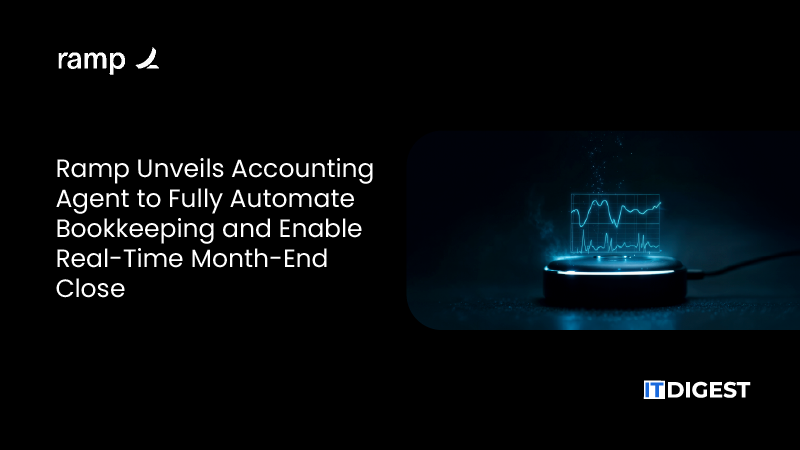Rigetti Computing, Inc, a pioneer in full-stack quantum-classical computing, announced that its paper introducing a novel chip fabrication process, Alternating-Bias Assisted Annealing (ABAA), was recently published in Nature Communications Materials. ABAA allows for more precise qubit frequency targeting, enabling improved execution of 2-qubit gates and improvement in performance, which both contribute to higher fidelity. This technique is now being leveraged to fabricate chips for Rigetti QPUs, including the Novera™ QPU and the upcoming Ankaa™-3 system.
The basis of Rigetti’s superconducting qubits are Josephson Junctions (JJs), which are two thin layers of superconducting metal (aluminum) separated by a barrier (aluminum oxide). Electrons are able to tunnel across the insulator from one electrode to another — resulting in a characteristic frequency for the qubit that allows for it to be controlled and measured. While the reproducibility and energy loss in these junctions has been difficult to control, the simplicity, scalability, and ease of fabrication of these superconducting devices makes them one of the most desirable platforms for building quantum computers. Finding a solution to the junction reproducibility problem has been a long-standing goal in the field.
Rigetti researchers discovered that by applying a series of low, alternating voltages at room temperature to the oxide barrier, the qubit frequencies can be precisely targeted. The ability to controllably tune qubits prior to a chip being packaged is essential for large-scale QPU production. This improves the addressability of the qubits, speeds up interactions, and improves the scalability of the technology. Unlike more complicated solutions that address the problem of tuning frequency, which often require laser trimming of the chip, the ABAA technique is a simple and scalable process that only requires sending pulses of voltage to the chip.
“We’ve long known that having our own foundry is a tremendous asset to our chip design and fabrication processes. Introducing the ABAA technique is a perfect example of our ability to rapidly test and implement new methods to improve our capabilities,” says Dr. Subodh Kulkarni, Rigetti CEO. “We believe this new technique strengthens our path to scaling to even higher qubit count systems with greater control over our qubit performance.”
In addition to improving the precision and the accuracy of Rigetti’s qubits, the ABAA technique has also proven to heal some of the defects and imperfections in the JJs, allowing for clearer communication between qubits and couplers — which also leads to improved performance due to less interference on the circuit.
SOURCE: GlobeNewswire


































